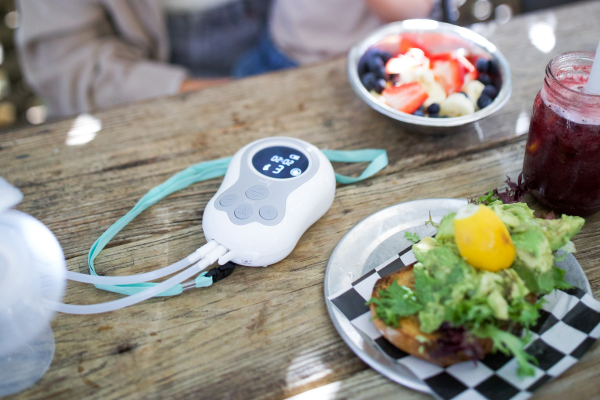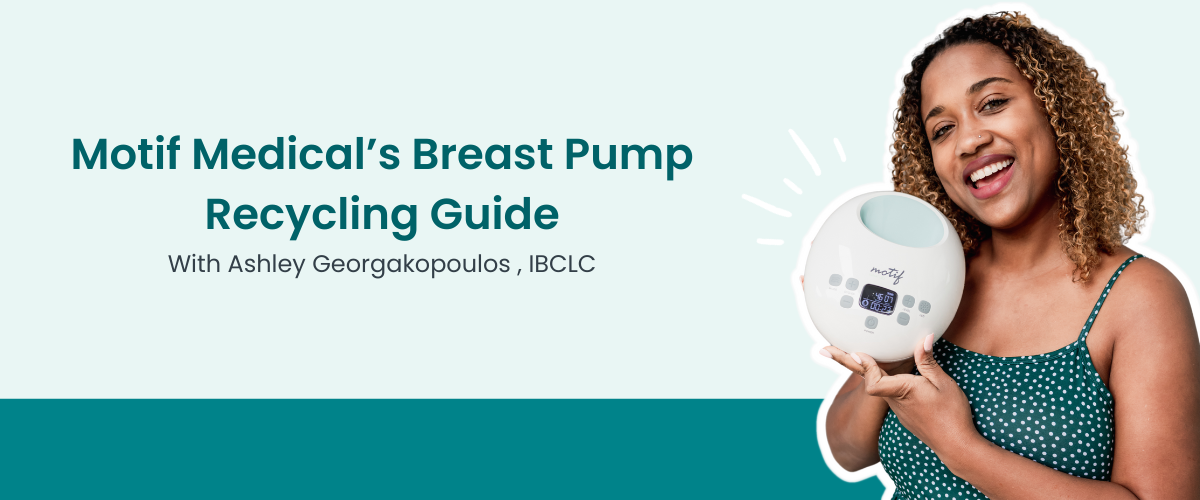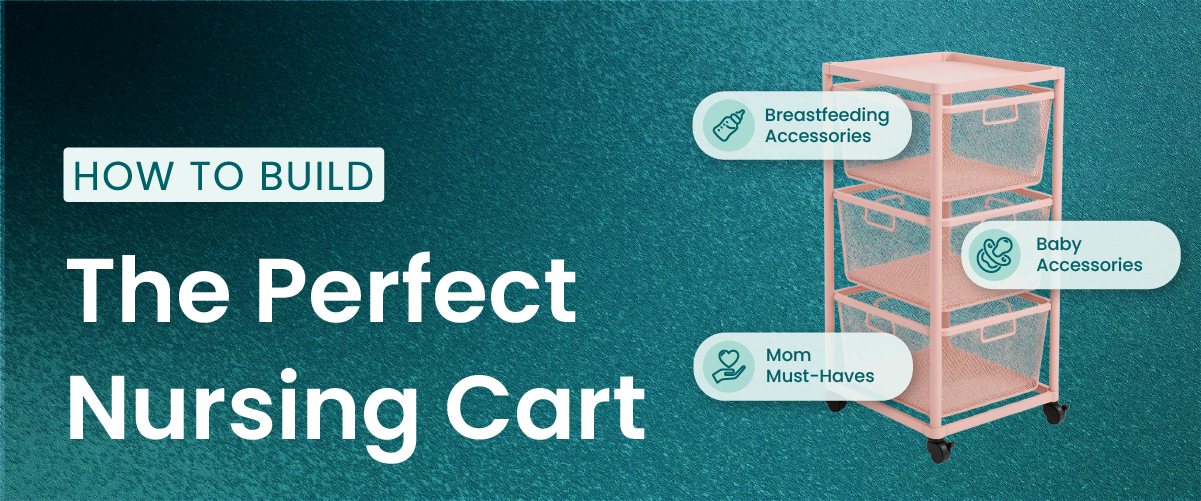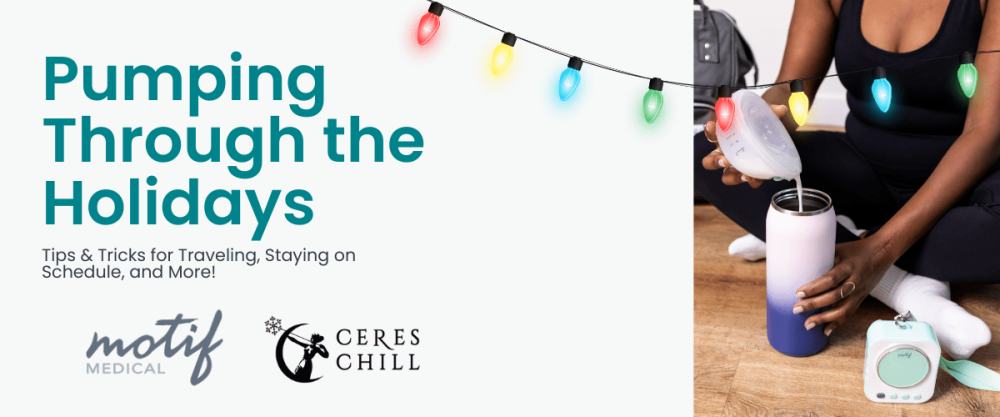Breastfeeding Nutrition
A well-rounded diet rich in nutrition is a priority when breastfeeding. While many assume its for their milk supply, milk production, and milk composition, evidence suggests that nutrition has more to do with the health status of the lactating mother in many ways, and providing a bioavailable source to the baby, meaning in a way that is easier for the baby to absorb.
How can we achieve “well-rounded?” Looking at our lifestyles, long-term goals, and accessibility to resources, supplements, and healthy food is crucial. Once we know our desires and goals, we can assess possible or known obstacles, and form a plan to combat those.
Balance Over Restriction
Losing weight, slimming down, or “getting rid” of pregnancy weight, should not be the focus for breastfeeding women. In fact, getting extra calories in a balanced diet is a good idea! Breastfeeding burns anywhere from 300-500 calories a day, depending largely on a mother’s metabolism and current weight status, using water, electrolytes, vitamins, minerals, and macronutrients: fats, proteins, and an abundance of carbohydrates.


Regardless of maternal intake, breastmilk composition and calories given to the baby are consistent. One exception to this statement is vitamin D status. This means it does not require a particular diet or an extreme amount of caloric intake to produce and maintain lactation abilities to exclusively breastfeed. However, milk production will take from the mother’s body if not available through her diet.
The caloric intake for a mother at a healthy weight is recommended to be at around 500 additional calories a day, more so for enough vitamin and mineral replenishment through the foods we eat than calories actually burned. An important side note to this is to be cautious and particular with supplementary snacks, often coined as “lactation foods,” as many can be high in calories and not the answer to breastfeeding problems, as many look to them for. An additional 500 calories can be broken down into two healthy snacks, easily. Feeding multiples will increase these needs, slightly, but only up to approximately 800-1000.
Nutritional Supplementation is a NEED.
Vitamin D
One vitamin, in particular, is vitamin D. Because of lifestyle mostly indoors and geographical location for the majority of the population, we do not receive enough sunlight to metabolize vitamin D in the cholesterol of our skin. Which is why all babies, whether breastfed or formula-fed, and while we’re at it, adults, need supplementation.
Breastmilk Can be a Vehicle of Supplementation of Vitamin D If a mother supplements herself with 6400 IU of vitamin D a day, enough passes through the breastmilk to satisfy the baby’s needs, as well.
Vitamin D and a healthy gut biome can also reduce the rates and risks of postpartum depression, anxiety, and psychosis in the mother. Natural sources of vitamin D are dairy, bone-in meats and fish, mushrooms, and the cholesterol in our skin getting sun exposure.
Calcium
As for other mineral needs, calcium has an interesting part to play: we reabsorb calcium requirements at a faster and more efficient rate while lactating than at any other time. Opt for dark, leafy greens, oily fish and bone broths.
Lactation can be hindered due to heavy amounts of blood loss, commonly occurring after a cesarean section or hemorrhaging, so focusing on iron rich foods is a crucial aspect after such a time, which is why oatmeal is a common galactogogue, or lactation food, to replenish those iron stores and help the body function.
Eating oatmeal beyond this reason is most likely not the answer needed for issues regarding breastmilk supply. Healthy foods from multiple food groups filled with the right amount of healthy fats are a great option for helping with lactation.
Plan of Action:
Finish prenatal vitamins and then start a postnatal vitamin, preferably from whole-food sources instead of synthetic. Compliment your multivitamin with a supplement designed specifically for breastfeeding and pumping moms.
Enhanced Milk Nutrition Support - Multivitamin for Breastfeeding & Pumping Mothers
- Allows for you to combine a multivitamin with added benefits for breastmilk supply and flow.
- Contains mineral-rich and nourishing herbs like milk thistle and alfalfa which may help support the whole body.
- Alfalfa, Moringa, and Nettle Leaf can potentially help stimulate and increase milk production in conjunction with proper milk removal.
Milk Boosting Support- Temporary Enhancement Supplementation
- Our blend of herbs may support both breast milk production and flow.
- This specific combination allows for milk enhancing herbs to be used alongside with Vitamin D, Vitamin K and Magnesium.
- Includes 3 Adaptogen herbs that some studies suggest may be helpful for overall postpartum wellness
You should take the milk boosting support until your supply has increased and leveled back out. You can take the enhanced milk nutrition support like a daily vitamin for as long as you are breastfeeding. Moms generally see an increase in 24-48 hours after taking, but sometimes it can take up to 2 weeks. Remember, our products are to be used with a good nursing/pumping routine and are not meant to replace frequent milk removal.
Prioritize Nutrient-Dense Foods & Hydration
Nutritional Foods
Nutritional supplementation is almost always necessary, and crucial for most, but focusing on quality foods is very important, as the body better absorbs nutrition from food sources. So what foods should mothers focus on
- Fruits and Vegetables: Berries, tomatoes, kale, Swiss Chard, garlic, broccoli, and other green vegetables
- Nuts and Seeds: Almonds, walnuts, chia seeds, flax
- Fish and Seafood: Salmon, seaweed, swordfish, shellfish and sardines (great for omega-3 fatty acids)
- Meat: Beef, pork, dark chicken meat, and organ meats, such as liver, all rich in iron
- Eggs
- Whole Fat Dairy or Dairy Alternatives
- Whole Grains: oats, quinoa, barley, whole wheat bread
- Other: bone broth, fermented foods such as sauerkraut, mushrooms.


Just as in pregnancy, a diet rich in nutrition is a priority when breastfeeding. While many assume it has to do with breastmilk composition and milk supply, it’s evidenced to have more to do with the health status of the lactating mother in many ways.
Plan of Action:
- Keep snacks handy with a pump/feeding station basket. Opt for easy-to-hold options, like protein and fruit bars, fresh fruit, mixed nuts, and snack bags of popcorn.
- Meal prep in a way that makes sense for your household- which can be something like have a grain or starch, and a protein or two cooked ahead and ready to divide up for meals. This is also helpful if needing healthy lunches for work!
- Keep things interesting with different seasonings, sauces, toppings, and cooking methods.
- If newly postpartum, “meal trains” are a fantastic way to allow family, friends, and community to help you where it can really impact. Home cooked meals are nutrition and love in one.
Stay Hydrated
Many breastfeeding mothers are told to drink in what is, in all reality, unachievable excess. The truth is, there is not an exact recommended amount, aiming for 8-10 cups of water a day. It is important to drink to your thirst, and increase intake when urine becomes dark or has an odd scent. Your milk is 84% water, so of course, you will increase the amount you used to drink, and you will do so gladly, as many experience a “cotton mouth” dryness when you sit to feed your little one.
As for water, many are told to drink in excess. In truth, there is not an exact recommended amount. It is important to drink to your thirst. Signs when dehydrated are dry mouth and when urine becomes dark or has an odd scent.
Your milk is 84% water, and you will increase the amount you used to drink, and noticeably, as many experience a “cotton mouth” dryness when you sit to feed your nursling.
Plan of Action:
Have a favorite reusable water bottle to encourage use, and if remembering to stay hydrated is an obstacle, have an accountability partner or timer on your phone for your personal hydration checks
Breastfeeding Wellness
Breastfeeding burns anywhere from 300-500 calories a day, depending largely on a mother’s metabolism and current weight status, using water, electrolytes, vitamins, minerals, and macronutrients: fats, proteins, and an abundance of carbohydrates.
Regardless of maternal intake, breast milk composition and calories given to the baby are generally consistent. One exception to this statement is vitamin D status- which we know we can address through supplementing ourselves with Vitamin D, or providing the baby with Vitamin D drops. The body prioritizes breast milk production when given adequate stimulation and demand, over other functions and nutritional statuses of the mother, just like in pregnancy. So the body will give energy to this function from the calories and nutrients provided by the diet, such as Vitamin D, or by what is stored already in the mother’s body, such as iron. Severe, unmoderated deficiencies will have an impact on composition.
This means it does not require a particular diet or an extreme amount of caloric intake to produce and maintain lactation abilities to exclusively breastfeed. However, production will take from the mother’s body if not available through her diet. The caloric intake for a mother at a healthy weight is recommended to be at around 500 additional calories a day, more so for enough vitamin and mineral replenishment through the foods we eat than calories actually burned.
An important side note to this is to be cautious and particular with supplementary snacks, often coined as “lactation foods,” as many can be high in calories and not the answer to breastfeeding problems, as many look to them for. An additional 500 calories can be broken down into two healthy snacks, easily. Feeding multiples will increase these needs, slightly, but only up to approximately 800-1000.
Information provided in blogs should not be used as a substitute for medical care or consultation.









